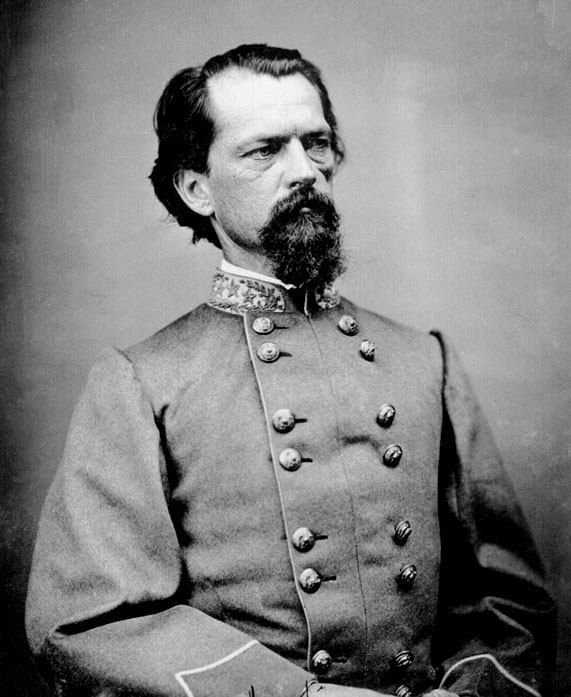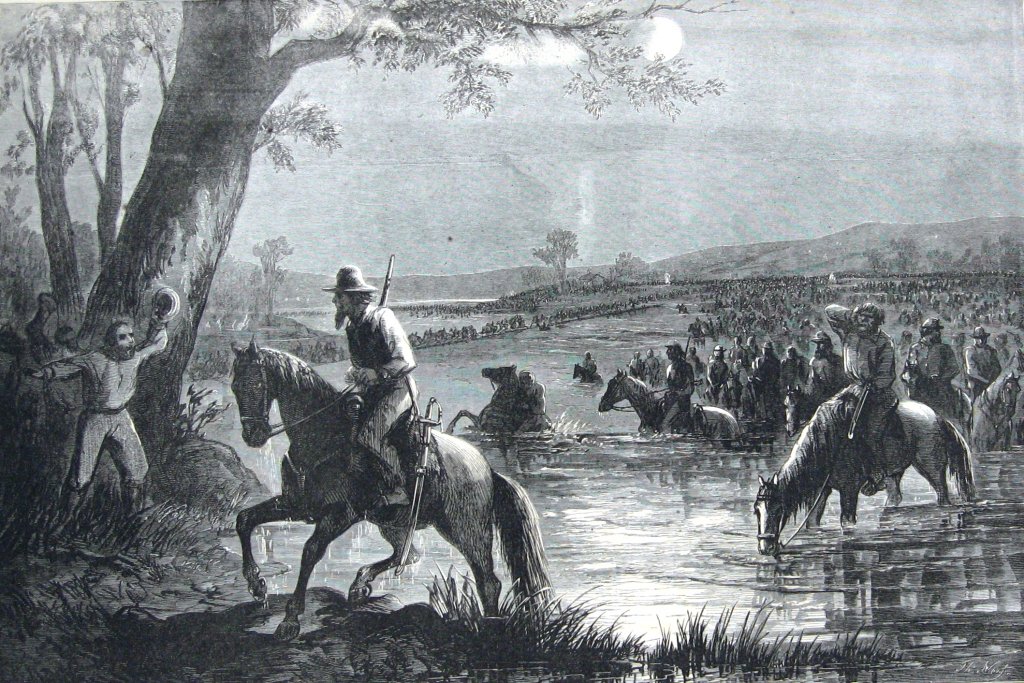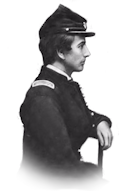Voices of the Maryland Campaign: September 4, 1862

On Thursday, September 4, 1862, the Maryland Campaign began in earnest. Confederate soldiers of Daniel Harvey Hill’s command rolled up their pant legs and plunged into the cold and waist deep waters of the Potomac River. Col. John Gordon’s 6th Alabama Infantry was one of the first units to go, and the lawyer-turned-soldier could not pass up the opportunity for “speech-making”:
We were especially honored in being the first troops to cross the Potomac. Our names would go resounding down the corridors of time, our deeds be perpetuated in song and story. Our crossing the Potomac, rivaled only in the past by Washington and his heroes crossing the Delaware, should furnish subjects for the painter’s canvas, inspiration to the sculptor’s chisel. Future generations should rise up and call us blessed, to the end of time…

For the Federals, word began spreading of an enemy thrust into Maryland. The Union high command reacted quickly, shoving pieces of the various Union armies huddled behind Washington’s forts through Washington City and into the Old Line State. Lt. Josiah Favill of the 57th New York Infantry thought this first march in the campaign different from previous movements.

Early on [Thursday] morning, September 4th, our corps crossed the chain bridge, and marched direct to Tennallytown, a pretty village about six miles from Washington. We experienced for the first time the pleasure of marching through a country where the populace was friendly, which made us feel proud to belong to the gallant army that was hurrying to place itself across the path of the invader. Camp was pitched in a commanding position overlooking a lovely and picturesque country… As soon as the troops were in position, several of the officers rode into the village for a taste of civilization. We found almost the whole population in the street viewing with intense interest the sunburnt soldiers, on whom so much depends.
When our party rode up crowds of women and youngsters surrounded us, offering fruit, flowers and water, and gazed with admiration at our dress and accoutrements. We took kindly to the glory of finding ourselves the heroes of the hour, and reciprocated the crowd’s interest, parting with many of our buttons to the prettiest girls.
Loving this series!
I’m glad you used this picture of Gordon, as it shows his disfigurement from Antietam – a literal scar of war.
McClellan and quickly…hmmmm
Not to worry – Scott Hartwig (who has researched and written quite a bit about this campaign) put it this way: “As the Confederate columns made their way across western Maryland, the Army of the Potomac advanced slowly out of Washington”. Like you, I find “McClellan” and :quickly” in the same thought akin to chomping down on tinfoil.
Not so at this stage of the campaign perhaps, but take it straight from the horse’s (Robert E. Lee’s) mouth on September 16th: “Learning that night [September 13] that Harper’s Ferry had not surrendered, and that the enemy was advancing more rapidly than convenient from Fredericktown, I determined to return with Longstreet’s command to the Blue Ridge…”
“More rapidly than convenient” seems a nice, casual way for Lee to say that McClellan’s movements caught him with his pants around his ankles. McClellan could be capable of such movements, and proved so later on in this same campaign.
Well, if I recall correctly McClellan got a small gift on September 13 – and much has been written about just how fast he reacted once he got that gift. Although I’m sure he’d point the finger at others, notably Franklin.
I love evidence!